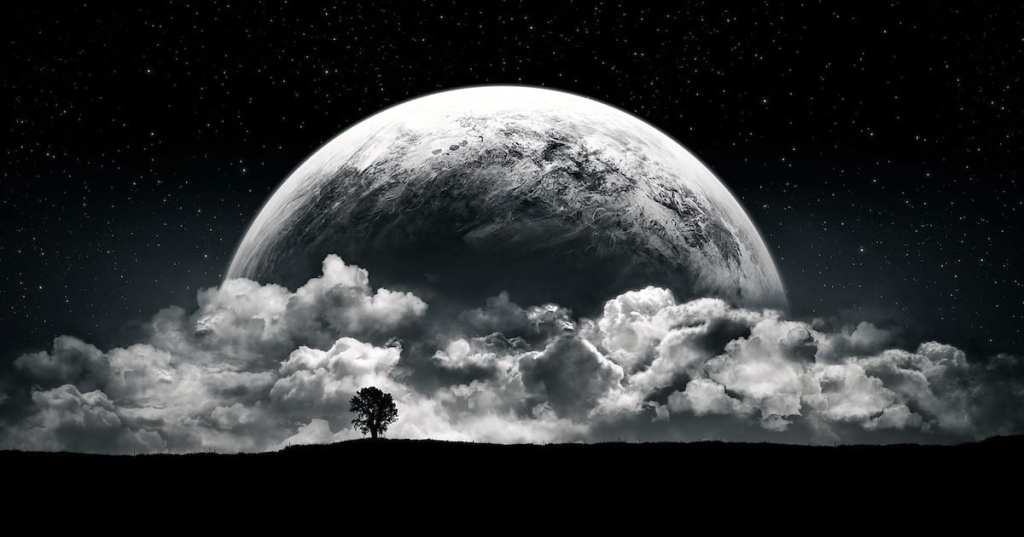On December 21st, 2014, two things happened: 1. The winter solstice 2. Bloggers, scientists, angry people, and grad students got into an Internet bar fight… over a solstice. Kind of.

stuartwilde
So here it is, the winter solstice. Everyone is happy that it’s the longest night of the year because we know the days only get longer from here on out until next year (but we aren’t worried about that yet, thank you very much). The Internet is full of articles, tweets, blog posts, and status updates regarding the upcoming event. Meanwhile, lots of…

bbc.co.uk
…um…

snowbrains
…uhhh…

theguardian
…people are gathering at Stonehenge.
Then, someone wrote that it would be not only the longest night of the year, but the longest night ever. What’s more, the person who wrote that little factoid wrote it about 5 years ago on a WordPress blog. The statement was not only incorrect, but someone else noticed it and used the idea to write another incorrect article.
A Vox.com reporter published an article about the “longest day ever“, sourcing the aforementioned WordPress post from 2009. This time, the claim got a little more attention. So much, in fact, that the original WordPress author (who was not at all worried about something he probably forgot he wrote five “increasingly longer” years ago) received some backlash due to the Vox post.
The Vox article stated:
“Tonight’s period of darkness will be slightly longer than any other, ever — at least, since the planet started spinning right around the time it was first formed some 4.5 billion years ago. The reason is that the rotation of the Earth is slowing over time. Every year, scientists estimate, the length of a day increases by about 15 to 25 millionths of a second. It may be a truly tiny amount (and it means that even in your entire lifetime, the length of a day will only expand by about two milliseconds), but it forces official timekeepers to add a leap second every few years.”
This pretty much reflected exactly what the 2009 blog stated: the Earth’s rotation is slowing down.

Both writers assumed that would mean that each winter solstice would be longer than the last, which makes a little sense… unless you’re an actual scientist.
A guy from NewsBusters got really irked about this and published all his feels. Then, everything morphed into a battle between liberal and conservative news outlets and things started to look more and more like trolls in a wrestling ring instead of really cool science.

Enter distinguished grad student.
A University of Colorado graduate student who specializes in geodesy (math that deals with the shape and area of the earth or large portions of it) sent an email to both writers (who later corrected their mistakes) in order to set the record straight. He even added sources to his explanation, because he came to smash. Here’s what he sent in order to clear the crisp, confusing, winter solstice air:
(edited for length)
“I want to point out that {your claim} is verifiably inaccurate. Earth’s rotation period has been measured precisely… for the past century, and has been further extended back in recorded history using records of solar eclipses… On the record of annual average lengths of day, extending back to the 17th century, the longest day occurs sometime in 1912…Sources: 1, 2
While your description of tidal friction slowing Earth’s rotation is accurate, it’s important to realize it isn’t the only factor in Earth’s rotation… The primary competitor with tidal friction is glacial isostatic adjustment, or the redistribution of mass in response to the loss of ice sheets from the last ice age. This has the effect of {slowing} the rate of increase in Earth’s length of day: the rate of change in the Moon’s orbit suggests that the length of day should be increasing…Sources: 1, 2, 3
The takeaway is that while the length of day averaged over the past century is indeed the longest in the planet’s history, it is plainly inaccurate to say that any particular day in the past 40 years is the longest.”
Ryan Hardy
Graduate Student
Department of Aerospace Engineering Sciences
University of Colorado Boulder
There you have it. The answer was there all along.
One big snowball of earth, moon, tide, and a whole lot of math and science rolling down the hill finally came to a halt and gave us the answer we didn’t know we needed to know: it wasn’t the longest night ever.
That was in 1912.

pixgood






